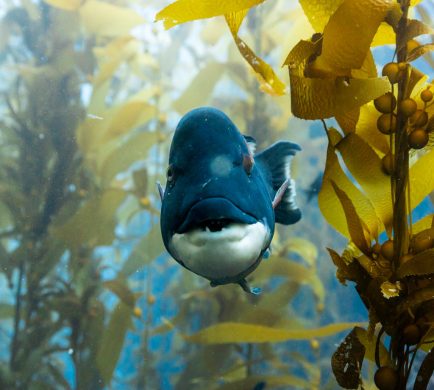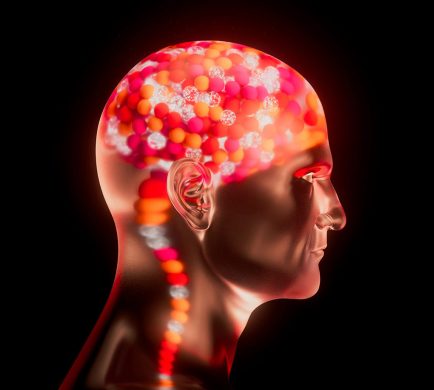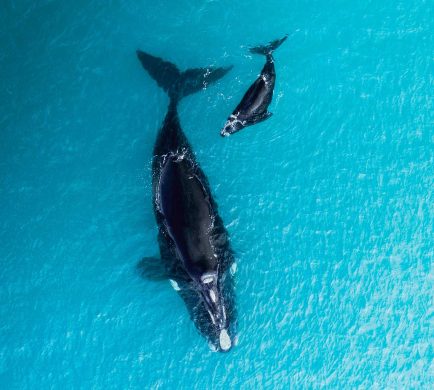The Eden Magazine exclusive Interview with Dr. Diva Amon, a Marine Biologist, on “Shark Attack 360″.
Can you tell us about your background and what inspired you to become a marine biologist? And how did you become involved with the Nat Geo series “Shark Attack 360”?
I grew up loving the ocean in Trinidad and Tobago in the Caribbean. Hours were spent playing on the beach, snorkeling, and sailing. But there were so many questions that I didn’t have answers to about the ocean and all the life in it, so when it came time to go to university, I leaped at the chance to study marine biology. While the ocean was once a friend and a playmate, now, decades later, it is a family member – a place that I want to understand, protect, and respect. And Shark Attack 360… well, another leaping moment! When I was a kid, I was OBSESSED with sharks. So when I got offered this role, it was a dream come true for little Diva. Getting the chance to combine National Geographic, sharks, science, communication, a hotshot team of experts from around the world, and some really cool technology to unravel the mysteries behind shark behavior……How could I say no?!

What are some of the most surprising behaviors you’ve observed in sharks?
Every single episode of Shark Attack 360 is packed with surprises. I was blown away in the ‘360-shark lab’ during the filming of Shark Attack 360 to learn that during a sand tiger shark’s pregnancy, the most developed embryo will eat, yes eat(!), its siblings. This is known as intrauterine cannibalism, aka adelphophagy, which literally means “eating one’s brother, and allows that embryo to grow big and strong because of the extra nutrients. I also loved using cutting-edge VFX technology to have these incredible and sometimes massive animals in the lab with me. Seeing the scale of some of these incredible animals continues to blow my mind.
How do different shark species’ hunting strategies and social behaviors vary?
There are more than 500 species of sharks swimming in our ocean these days, so trying to describe all their different hunting strategies and social behaviors would be an insane task. But one of my favorites is how the cookie cutter shark hunts: this shark species ambushes its prey, stealing a perfectly round 5cm-diameter chunk of flesh from its much larger victims, but not actually killing the animal.

There are many myths about shark attacks. Can you address some of the most common misconceptions?
The most important one is that shark bites are common. You are far more likely to be killed falling into holes on a beach or taking a selfie or driving in a car. And many of us do those last two without fear. It’s not actually us who should be worrying about sharks; it’s sharks who should be worrying about us. Sharks are in serious conservation trouble; see the question below.

What are the biggest threats facing shark populations today, and how can the general public play a crucial role in their conservation?
The biggest threat to sharks is us, specifically fishing. We catch around 80 million sharks a year, which has resulted in a 71% decline in the global abundance of sharks and rays. Habitat degradation is also having an impact. But the general public can help:
– support a reputable shark NGO or even volunteer your time
– let those in the office know you support sharks – submit formal public comments, write to your representatives, etc.
– buy sustainable seafood
– broader actions: use less plastic, reduce your carbon footprint
– talk about sharks and how important they are to marine ecosystems

How do you hope “Shark Attack 360” will influence public perception of sharks? And what message do you want viewers to take away from watching this series?
Shark Attack 360 is about diving into the world of shark bites and investigating why they happen. Unlike most shark programs, what appealed to me was that we were trying to understand the very few shark bites that have happened. And just like CSI, we used scientific evidence to demystify these incidents. I hope viewers come away from this thinking sharks are really cool and important, that shark bites are incredibly rare and often case of mistaken identity.







